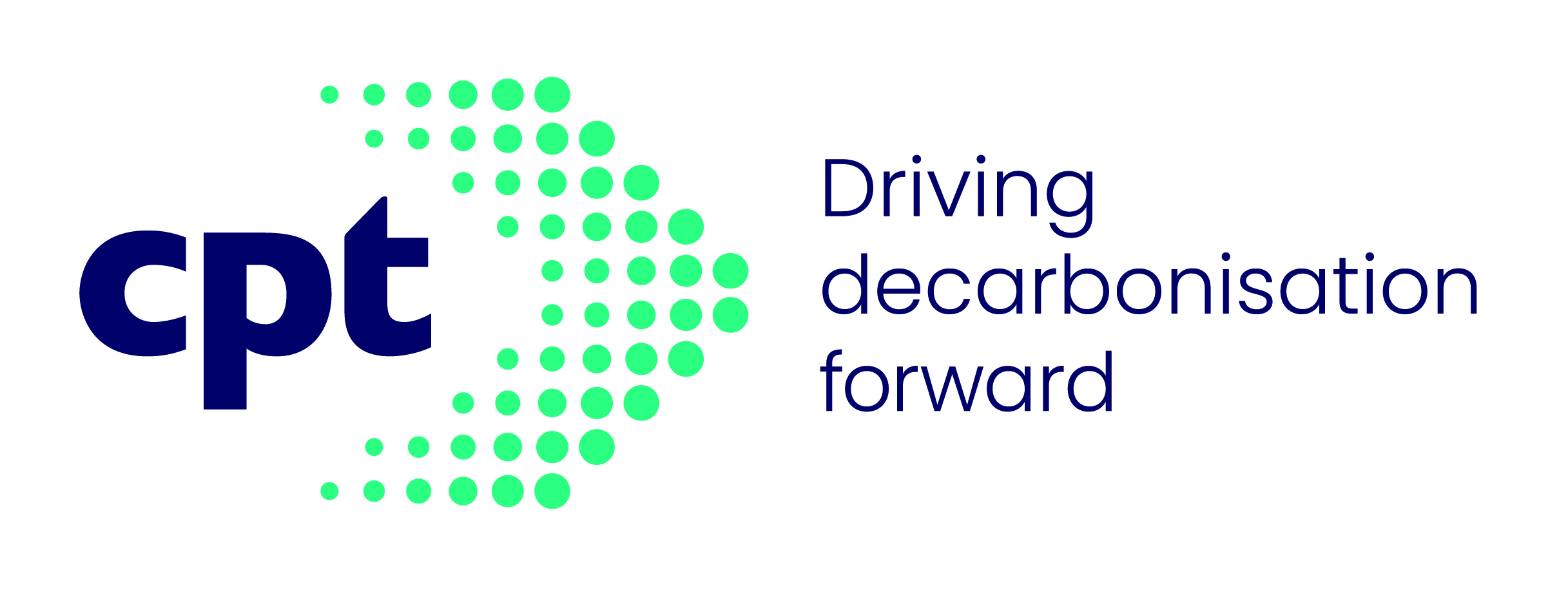March 25 2022
In this week’s blog post Ian Luckett, chair of the Zero Emission Coach Taskforce, writes about the work of the taskforce three months on from its launch.
Back in December last year I was asked to chair the Zero Emission Coach Taskforce (ZECT) by CPT, to look at the hurdles for coach operators to move to Zero Emission Vehicles by 2040, when the sale of new diesel vehicles will be banned. It’s a fascinating assignment, and I have learned so much in the few months in the role.
The Taskforce consists of coach operator members, some of whom have already made the move to operate a zero emission (ZE) coach, but also representatives from the major manufacturers, finance industry and the infrastructure world.
The industry’s been expecting a call for evidence from government ‘any moment’ to highlight what we see as the hurdles to moving to zero emission vehicles, but we’re still waiting on that - there are other pressing issues going on at present. However, as the UK coach industry’s lead trade association, CPT didn’t want to wait until being asked, so felt it important to do the work anyway in readiness for the call.
As part of the process, we focused on distinct areas that affect the move to zero, namely
- Operating challenges
- Manufacturers issues
- Infrastructure availability
- Financing
Discussing the challenges faced in these four main areas has been fascinating, and it’s been encouraging to have so few dissenting views that a ZE coach would be great. However, despite the very obvious challenges surround infrastructure, vehicle types and the various types of propulsion systems, the common concern rising to the surface at the moment is over the uncertainty of which direction to take - hydrogen or battery.
Both technologies have their own benefits and downsides; Hydrogen will most likely offer longer range and quicker filling time, but there is little or no infrastructure in place at present, which makes delivery to vehicles a challenge and, currently, more expensive that most operators would like. Battery vehicles on the other hand have the advantage of already being in the market. Range isn’t what most operators would want at present, but technology is making leaps and bounds in improving that. We also can’t ignore that charging takes time and the infrastructure involved in powering up a fleet is challenging, and yes, expensive!
There’s no doubt the move to ZE coaches will be expensive, so it's vital there are no false moves in the transition process. We still have a few years to have this debate and watch what other industries do, but 2040 isn’t as far away as we may think. Time is of the essence as we’re all just about to buy the vehicles that could realistically be running in 15-20 years' time. Whilst diesel vehicles will still be allowed post 2040, filling them up may be the challenge if any new technology takes off. The transition will start way before 2040 so we all need to be aware of the challenges and involved in the conversation. So, seeing into the future is probably the biggest hurdle we must overcome at present!
The Taskforce’s first job is to present Government with our report highlighting the hurdles to consider before we can easily transition to ZE coaches. The second phase is the far more interesting and positive process of understanding what the solutions to some of these problems might be. Some of our partners are working on some really innovative work such as battery and hydrogen solutions appropriate to coach use, and even an electric driveline retrofit option for existing vehicles! And now they better understand the coach industry it’s going to be fascinating to see how we can meet the challenges head on.
I can’t wait to start this phase!
